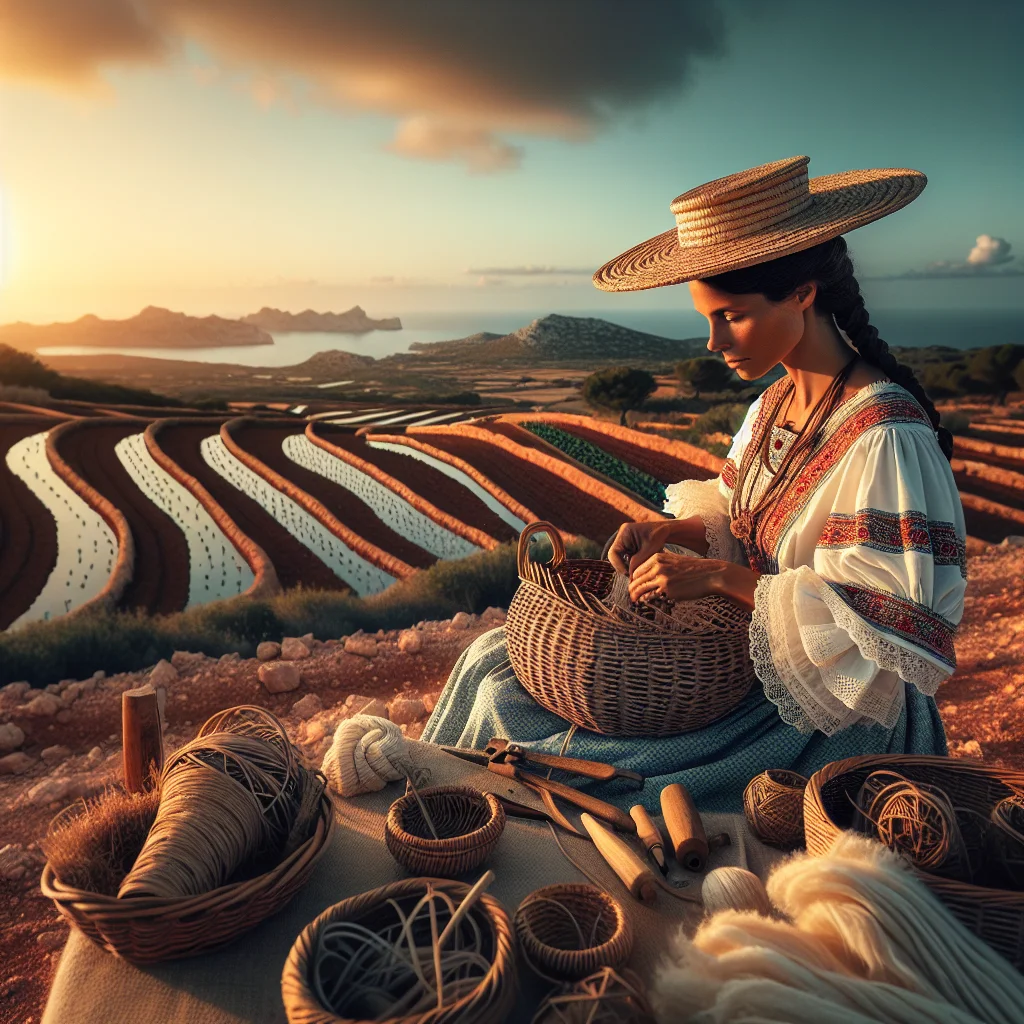Experience Formentera's Culture Through Sustainable Traditions
April 18, 2025

Formentera, a small jewel in the Mediterranean, is not just known for its stunning beaches; it also boasts a vibrant cultural tapestry woven from its history, local traditions, and culinary delights. For eco-conscious travelers, engaging with this culture offers a unique opportunity to savor the island's essence while minimizing environmental impacts. This article delves into the ways you can immerse yourself in Formentera's rich culture through sustainable practices that celebrate both its traditions and the planet.
Understanding Formentera’s Cultural Landscape
Formentera has a history deeply rooted in agriculture and fishing, shaped by both its geographical isolation and natural beauty. Historically, the island was known for its production of salt and its centuries-old fishing techniques, which are still honored today. By engaging with local artisans and participating in traditional crafts, visitors can gain authentic insights into the island’s heritage.
Celebrating Local Festivals with an Eco-Conscious Mindset
Formentera hosts several festivals throughout the year, each offering a glimpse into its cultural heart. Events like the Festa de la Mare de Déu del Carme (celebrated in July) attract both locals and tourists for its vibrant processions at sea and traditional music. To participate sustainably, consider joining local cleanup efforts in conjunction with these festivals, which often seek volunteers to help keep the beaches pristine after events.
Moreover, the Fira de Formentera, held in October, showcases local products, including organic wines, artisanal cheeses, and handcrafted goods. Attending this fair allows you to support local farmers and artisans while enjoying the best of Formentera’s culinary offerings. Opt for refillable water bottles and reusable bags when shopping to minimize waste and promote sustainable consumption.
Culinary Experiences Rooted in Tradition
Formentera’s cuisine reflects its cultural heritage, heavily inspired by Mediterranean flavors and local ingredients. Traditional dishes, such as ‘bullit de peix’ (a fish stew) and ‘pa amb oli’ (bread with olive oil, often served with local cheeses), are best enjoyed at local eateries that prioritize sustainable practices. Seek out restaurants that serve seasonal dishes sourced from local fisheries and farms, reducing the carbon footprint associated with transportation.
Participate in cooking classes offered by local chefs who focus on sustainable gastronomy. These interactive experiences not only teach you how to prepare traditional recipes but also emphasize the importance of local ingredients and waste reduction in cooking.
Engaging with Local Artisans
A wonderful way to connect with Formentera’s culture is through its crafts and artisanal goods. Local artisans create unique products from natural materials, emphasizing sustainable practices in their work. Visit workshops where you can learn about traditional crafts, such as weaving or pottery, often using techniques passed down through generations.
Not only does this support local economies, but it also allows you to take home a piece of Formentera’s heritage. Look for products made without harmful chemicals and sourced from renewable materials, ensuring your purchases are as eco-friendly as possible.
Nature Walks and Cultural Trails
Exploring Formentera’s natural landscapes provides an excellent backdrop for engaging with its cultural history. Designate time for hiking along the island’s scenic trails, such as the path from La Savina to Punta de la Sera, where you can see traditional stone walls and ancient watchtowers.
Many trails are adorned with information boards explaining the cultural significance of the sites you encounter, ranging from ancient burial sites to old farming terraced fields. By walking, rather than taking a vehicle, you reduce your carbon footprint while deepening your appreciation for the land and its history.
Respectful Interactions with Local Communities
When traveling in Formentera, it’s vital to interact respectfully with the local community. Understanding cultural norms and traditions helps foster positive relationships between visitors and residents. Perhaps participate in a community event or collaborate with local NGOs focused on preserving Formentera’s environment and cultural heritage. This engagement enriches your travel experience while demonstrating a commitment to responsible tourism.
Final Thoughts
Formentera offers a multitude of avenues for travelers to engage with its rich cultural tapestry in environmentally friendly ways. From participating in local festivals and tasting traditional cuisine to supporting artisans and learning about sustainable practices, each experience contributes to a respectful interaction with the island. As visitors explore Formentera, fostering a deeper understanding of its cultural heritage—paired with a commitment to sustainability—creates meaningful connections that last beyond the journey itself.
Back